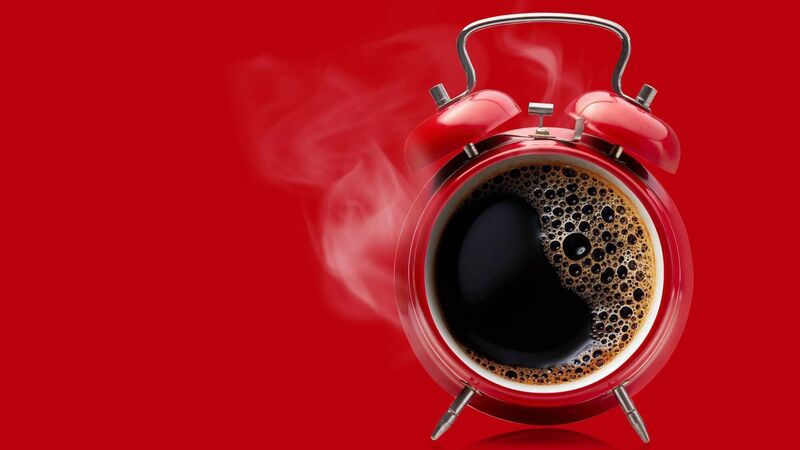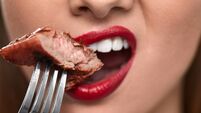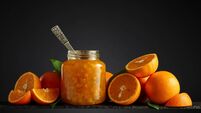Why your daily cup of coffee is good for your health

Picture: iStock
Fri, 23 Feb, 2024 - 14:57
Sharon Ní Chonchúir
Andrew Fitzgerald converted to coffee when he moved from Cork to San Diego 12 years ago. “I used to drink so much tea that I could have been an ambassador for Barrys,” he jokes.
But nobody drinks tea on America’s east coast. “Everyone meets for chats over coffee, so I had to try it,” says the 46-year-old. “I loved the taste and now it’s become a daily habit.”
Already a subscriber? Sign in
You have reached your article limit.
Subscribe to access all of the Irish Examiner.
Annual €130 €80
Best value
Monthly €12€6 / month
Introductory offers for new customers. Annual billed once for first year. Renews at €130. Monthly initial discount (first 3 months) billed monthly, then €12 a month. Ts&Cs apply.
CONNECT WITH US TODAY
Be the first to know the latest news and updates











